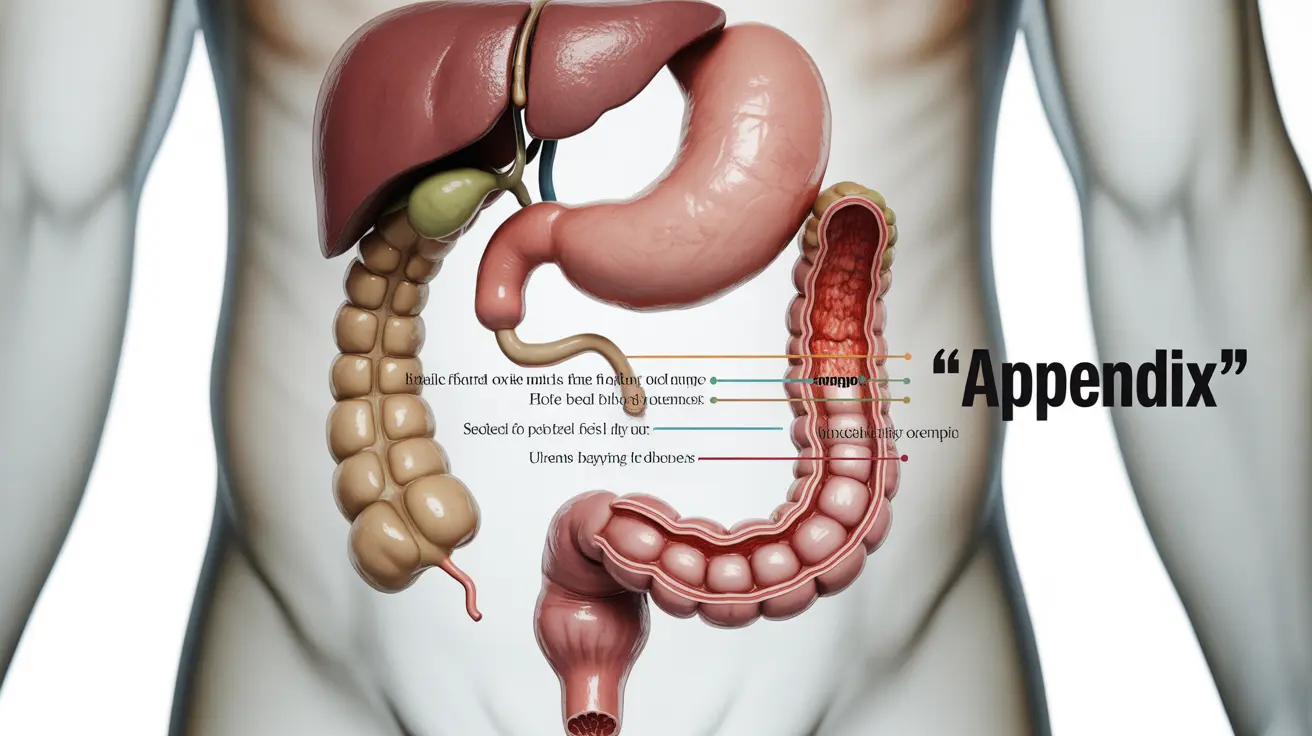As Ozempic (semaglutide) continues to gain popularity for treating type 2 diabetes and weight management, questions about its potential side effects have emerged. One particular concern that has drawn attention is the possible connection between Ozempic and appendicitis. This comprehensive guide examines the relationship between GLP-1 receptor agonists like Ozempic and the risk of developing appendicitis.
Understanding Ozempic and Its Effects on the Digestive System
Ozempic belongs to a class of medications called GLP-1 receptor agonists, which work by regulating blood sugar levels and reducing appetite. While these medications are generally considered safe and effective, they can affect various aspects of digestive function, including gastric emptying and intestinal motility.
The Potential Connection to Appendicitis
Recent medical observations have raised questions about a possible link between GLP-1 receptor agonists and appendicitis. While no definitive causal relationship has been established, healthcare providers and patients should be aware of this potential risk factor.
What Research Shows
Clinical trials and post-marketing surveillance have documented cases of appendicitis in patients taking Ozempic and similar medications. However, it's important to note that these cases represent a small percentage of users, and more research is needed to establish a clear connection.
Recognizing Warning Signs
Understanding the symptoms of appendicitis is crucial for anyone taking Ozempic or other GLP-1 medications. Early recognition and prompt medical attention can prevent serious complications.
Key Symptoms to Monitor
- Sharp pain in the lower right abdomen
- Nausea and vomiting
- Loss of appetite
- Fever
- Abdominal swelling
- Difficulty passing gas
Safety Considerations and Preventive Measures
While using Ozempic, patients should maintain regular communication with their healthcare providers and report any unusual abdominal symptoms promptly. This is particularly important during the initial weeks of treatment or after dose adjustments.
Risk Management Strategies
To minimize potential complications, patients should:
- Follow prescribed dosing schedules carefully
- Maintain proper hydration
- Report any persistent digestive issues to their healthcare provider
- Be familiar with emergency warning signs
- Keep regular follow-up appointments
Frequently Asked Questions
Can Ozempic or other GLP-1 medications cause appendicitis?
While there have been reported cases of appendicitis in patients taking GLP-1 medications like Ozempic, a direct causal relationship hasn't been definitively established. Healthcare providers monitor this potential side effect, but it appears to be relatively rare.
What are the common symptoms of appendicitis to watch for while taking Ozempic?
Key symptoms include severe pain in the lower right abdomen, nausea, vomiting, fever, loss of appetite, and abdominal swelling. These symptoms may develop rapidly and require immediate medical attention.
Is compounded semaglutide as safe as the FDA-approved Ozempic for weight loss?
FDA-approved Ozempic undergoes rigorous quality control and safety monitoring, while compounded versions may have variable quality and safety profiles. It's generally recommended to use FDA-approved versions when possible.
How should I respond if I experience severe abdominal pain while using GLP-1 receptor agonists?
If you experience severe abdominal pain while taking Ozempic or other GLP-1 medications, seek immediate medical attention. Don't wait to see if symptoms improve on their own, as prompt evaluation is essential for proper diagnosis and treatment.
Are there any studies confirming a link between Ozempic and the risk of appendicitis?
While some studies have reported cases of appendicitis in patients taking Ozempic, current research has not established a definitive causal relationship. Ongoing studies continue to monitor and evaluate this potential association.




